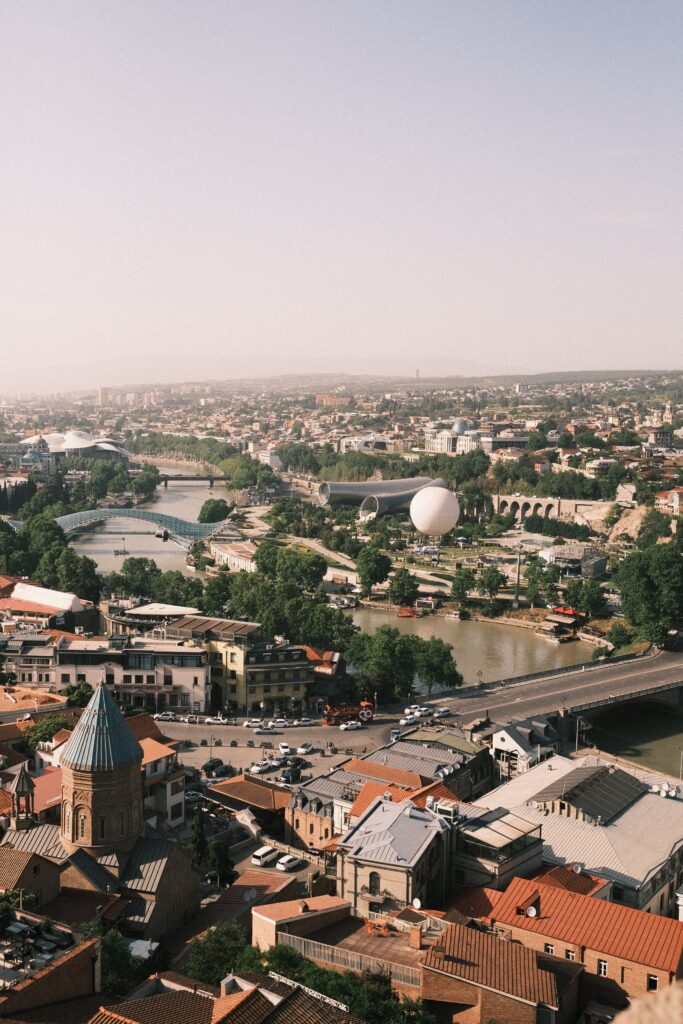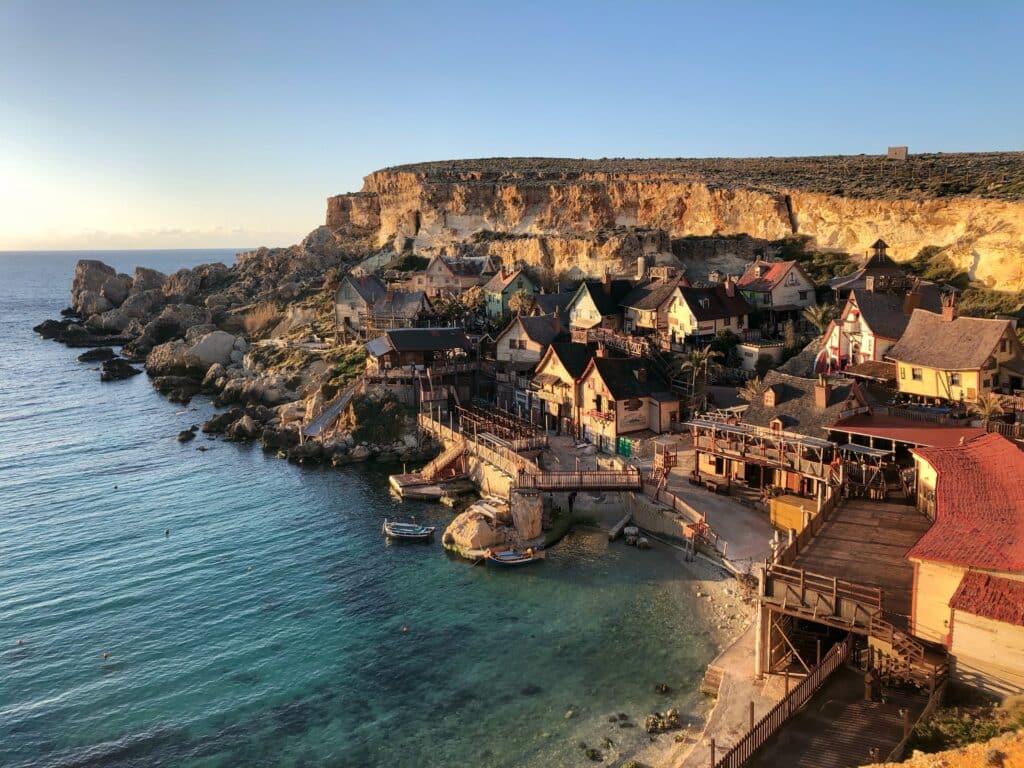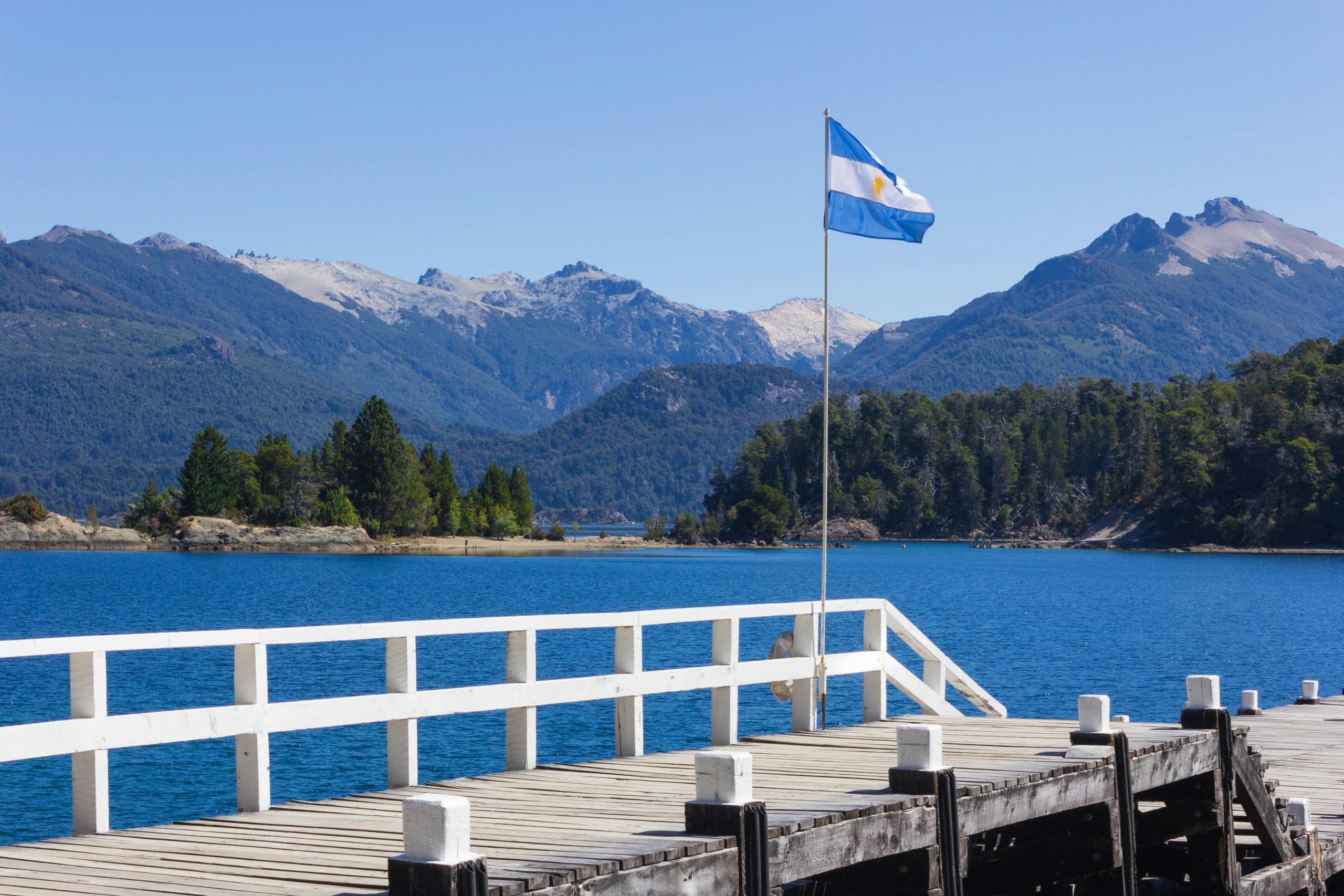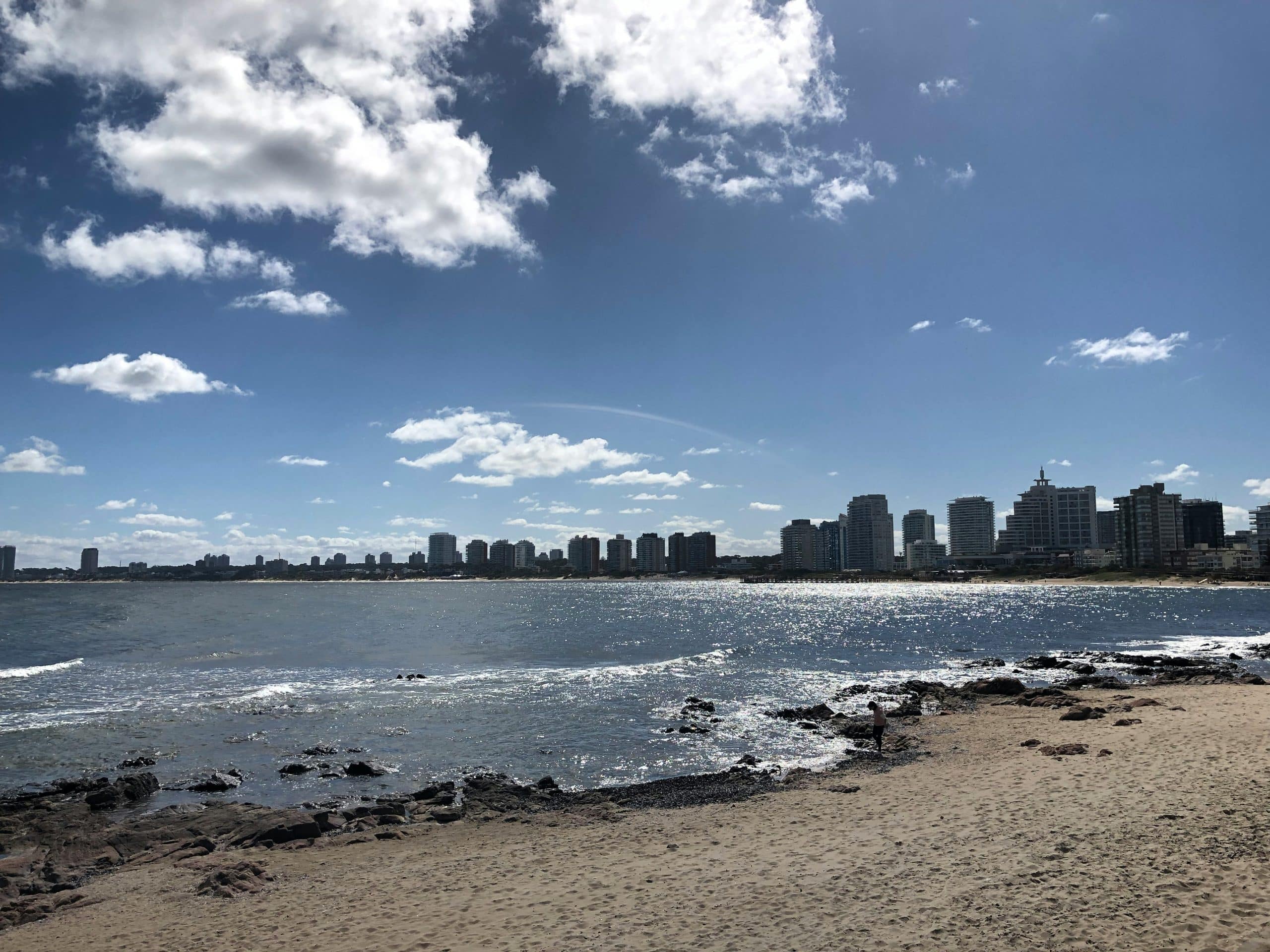The world of work has changed, and with it, the borders that once defined where we live and earn our income. The rise of digital nomads people who work remotely while traveling or living abroad has pushed many governments to rethink their visa systems. In 2025, more than 50 countries offer digital nomad visas, enabling remote workers to legally reside while continuing their international careers. But the details vary widely each visa for digital nomads has different income requirements, application processes, and length of stay.
This updated guide explores the most attractive nomad visa countries of 2025, outlining what each visa allows, how long you can stay, and what you’ll need to apply. Whether you’re looking for a low cost of living, great infrastructure, or a scenic work environment, here are the top countries for digital nomads this year.
Which Job Is Best for a Digital Nomad?
Digital nomads are usually independent professionals such as freelancers, consultants, or business owners. However, the rise of fully remote employment means that more traditional jobs can now be performed abroad so long as the work gets done. Professions with strong digital skills and no location constraints are ideal. The most common roles among nomads include:
- Web design, UX/UI design
- Content writing and blogging
- Web development or coding
- Digital marketing and SEO
- Social media management or paid ads (traffic management)
- E-commerce store management
- Online coaching or consulting

To successfully work remotely, digital nomads need stable internet, good time management, and above all, a portable career that isn’t tied to a local employer.
What Documents Do I Need to Be a Digital Nomad?
While requirements vary, applying for a digital nomad visa typically involves three key areas of documentation: financial, personal, and country specific.
Financial documents:
- Proof of income (usually 3–6 months of bank statements or invoices)
- Not sure how to manage your money across borders? Check out our list of the best banks for digital nomads to find accounts that make international life easier.
- Minimum monthly income or savings, depending on the country’s requirements
Personal documents:
- A valid passport
- If you’re employed remotely rather than freelancing, it’s important to understand your insurance options. Here’s how to choose the right international health insurance for expat employees.
- Passport sized photographs
- Proof of health insurance
- A clean criminal record
- A medical certificate
- Travel details or return tickets
Country Specific Documents:
- Proof of accommodation (rental agreement or hotel booking)
- Letters of recommendation or contracts with clients
- Educational qualifications (optional but helpful)
- A letter of intent explaining why you’re applying
- In some cases, a local tax ID number or business registration
Having these documents prepared in advance will speed up the visa application process and increase your chances of approval, especially in countries where processing can take several weeks or months.
Digital Nomad: where to go?

Portugal
Portugal continues to lead the way in welcoming digital nomads, thanks to its popular D8 visa. Designed for remote employees and freelancers, this digital nomad visa allows qualified individuals to live in Portugal while working remotely for non Portuguese companies. To qualify, applicants must prove a minimum monthly income of €3,040 four times the national minimum wage. The visa is initially valid for one year, with the option to renew and eventually apply for permanent residency after five years.
The visa application requires proof of remote work, a clean criminal record, and valid health insurance. Portugal offers excellent public transportation, affordable healthcare, and a mild climate making it a favourite among remote workers. Cities like Lisbon, Porto, and Madeira Island offer strong digital infrastructure and thriving nomad communities. With a balanced lifestyle and relatively low cost of living compared to other Western European countries, Portugal remains one of the most attractive countries for digital nomads in 2025.
Germany
Germany remains a top destination for freelancers and digital nomads due to its well established Freiberufler visa, also known as the German Freelance Visa. While not marketed specifically as a digital nomad visa, this permit effectively allows remote workers and self employed professionals to work and live in Germany legally. Applicants must show evidence of contracts with German or international clients and present a viable business plan.

There’s no formal minimum income threshold, but visa approval depends heavily on your profession, income projections, and integration into the local economy. The visa length can go up to three years and must be paired with a residence permit. Health insurance is required, as is proof of accommodation. Cities like Berlin and Munich offer reliable internet, dynamic freelance communities, and strong public services, although the cost of living is higher than in Southern Europe.

Georgia
Georgia remains one of the easiest countries for digital nomads to settle in. Citizens of over 90 countries including the US, Canada, UK, and EU can stay for up to one year without a visa. This visa free access has made Tbilisi and Batumi popular hubs for remote workers. Although there’s no formal digital nomad visa, Georgia launched the Remotely from Georgia program, which continues in spirit by welcoming foreign professionals.
To qualify for long term stays, applicants need to prove a minimum monthly income of $2,000 or have at least $24,000 in savings. The country boasts a low cost of living, fast mobile and fixed internet, and an emerging community of nomads. Georgia also allows you to register as a sole proprietor, making it a good option for freelancers looking to build a legal business base.
Spain
Spain officially launched its long awaited digital nomad visa in 2023, and in 2024 it has quickly become one of the most in demand permits for remote work. The visa is valid for 12 months initially and can be extended for up to five years. Applicants must demonstrate a minimum income of €2,400 per month, with additional amounts for dependents.
To qualify, you must work remotely for a company based outside Spain or operate as a freelancer with international clients. The visa application process includes submitting a contract, tax records, and proof of health insurance. Spain offers low cost living in cities like Valencia and Seville, fast internet, and a rich cultural life. As a bonus, new visa holders benefit from a reduced 24% tax rate on income for the first four years under Spain’s “Beckham Law” making it an ideal place to live and work remotely.


Malta
Malta’s Nomad Residence Permit offers a one year stay to non-EU digital nomads who can demonstrate an income of at least €2,700 per month. Applicants must also provide proof of health insurance, accommodation, and remote work activity outside Malta. The visa can be renewed, allowing long term stays in the Mediterranean archipelago.
Despite its small size, Malta has invested in strong digital infrastructure, including high speed internet and co working spaces. The cost of living in Malta is comparable to mainland Europe, with Valletta and Sliema being the most popular urban areas for remote workers. English is an official language, and the country’s favorable tax system and relaxed island lifestyle make it an ideal choice for those seeking sun, sea, and stability while working online.
Croatia
Croatia was one of the first European countries to officially introduce a digital nomad visa, and in 2024 it continues to attract remote workers with its welcoming policies. The visa is available for up to 12 months (non renewable) and is intended for non EU citizens working remotely for companies outside of Croatia.
Applicants must prove a minimum monthly income of approximately €2,539 or show sufficient savings. Required documents include proof of employment, health insurance, a clean criminal record, and accommodation in Croatia. With a low cost of living, sunny Adriatic coastline, and growing digital infrastructure, cities like Split, Zadar, and Zagreb are becoming hotspots for digital nomads looking for a blend of work and relaxation.


South Korea
South Korea introduced its first official digital nomad visa called the Workation Visa (F1D) in 2024. The visa allows foreign nationals to live in the country for 12 months while working remotely for overseas companies. It can be extended once for another year, offering up to two years of legal stay.
To apply, candidates must show a minimum income of around $5,000 per month, provide proof of health insurance, and pass a background check. While the visa cost has yet to be finalized, applicants should prepare for modest administrative fees. South Korea’s ultra fast internet (200+ Mbps), vibrant urban life, and strong safety record make it an exciting destination for digital professionals. Seoul and Busan are especially attractive for remote workers who value productivity, efficiency, and nightlife.
Argentina
In an effort to boost tourism and the tech economy, Argentina launched a digital nomad visa in 2023, with wider access rolling out in 2024. The visa allows remote workers to stay for six months, with the option to extend once for another six months. There is no strict minimum income requirement, but applicants must prove financial self sufficiency.
The visa application includes providing proof of remote employment, health insurance, and accommodation. With its very low cost of living, Argentina offers digital nomads the chance to experience the cultural life of Buenos Aires, the wine regions of Mendoza, and Patagonia’s remote beauty. After years of economic fluctuations, Argentina’s favorable exchange rates make it one of the most affordable countries for long term stays in 2024.


Colombia
Colombia’s V Nómada Digital visa is a top choice in South America for remote workers and freelancers. Available for up to two years, this residence permit enables non Colombian citizens to live in the country while earning income from abroad.
To apply, candidates must show a minimum income of around $5,000 per month, provide proof of health insurance, and pass a background check. While the visa cost has yet to be finalized, applicants should prepare for modest administrative fees. South Korea’s ultra fast internet (200+ Mbps), vibrant urban life, and strong safety record make it an exciting destination for digital professionals. Seoul and Busan are especially attractive for remote workers who value productivity, efficiency, and nightlife.
Uruguay
Uruguay quietly joined the list of digital nomad friendly countries in late 2023, offering a visa designed specifically for remote workers. This permit is valid for 6 to 12 months and is ideal for freelancers and employees working for foreign companies.
There is no declared minimum income requirement, but applicants must provide proof of income and health insurance, along with an application fee of just $10. Uruguay offers a safe and stable environment, modern infrastructure, and an excellent healthcare system. Montevideo and Punta del Este are favoured destinations for digital nomads who want a peaceful environment with beach access and a high standard of living.

Final Thoughts
Whether you’re a freelancer, business owner, or full time remote worker, 2025 offers more options than ever to live abroad legally with a digital nomad visa. From low cost countries like Georgia and Argentina to tech savvy nations like South Korea and Germany, there’s a destination to suit every preference and lifestyle.
Before you apply, always research each country’s visa length, monthly income requirements, internet speed, visa cost, and whether the visa allows remote work for foreign employers only. Most importantly, don’t forget your proof of health insurance a standard requirement for every application.


